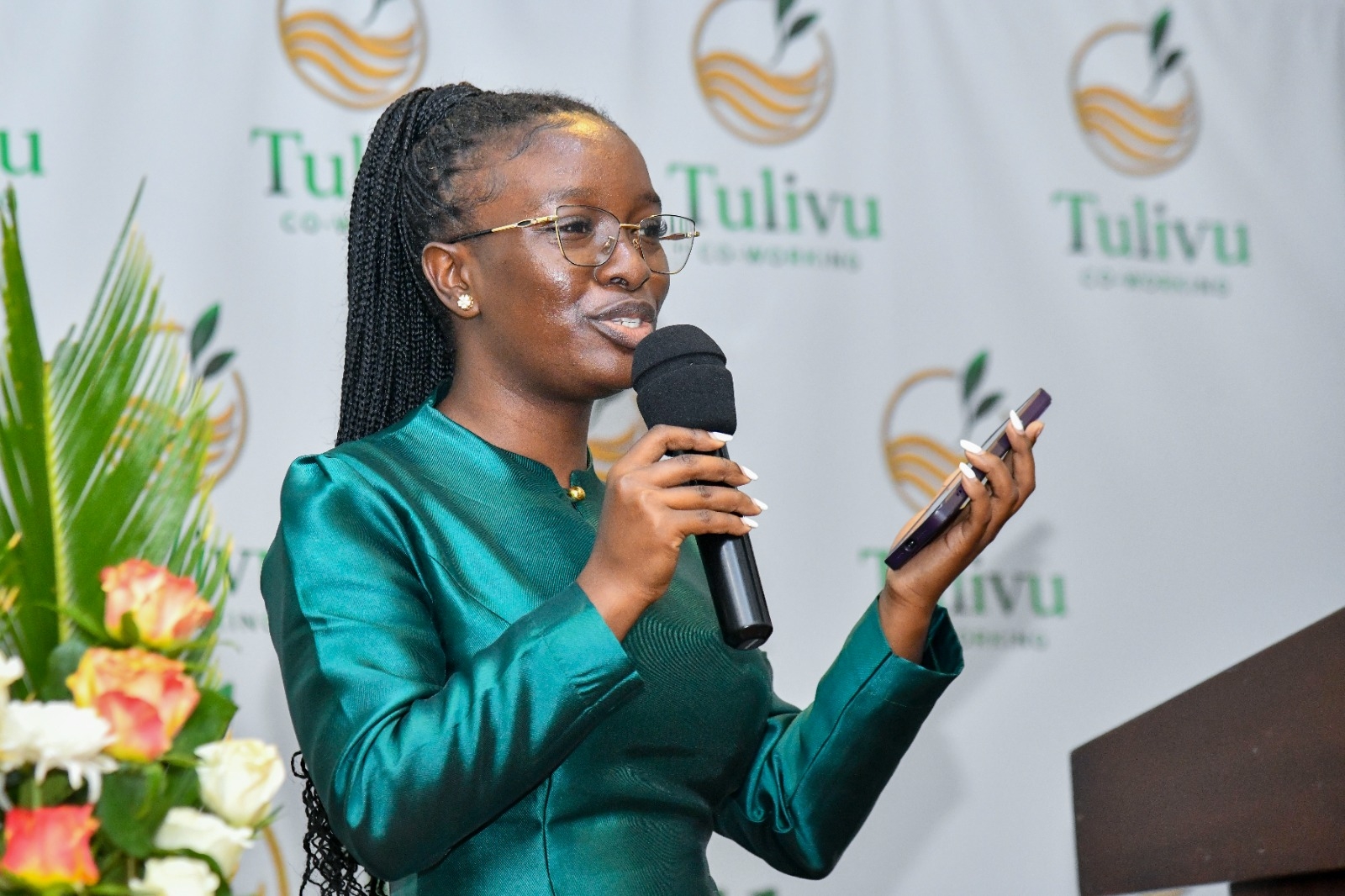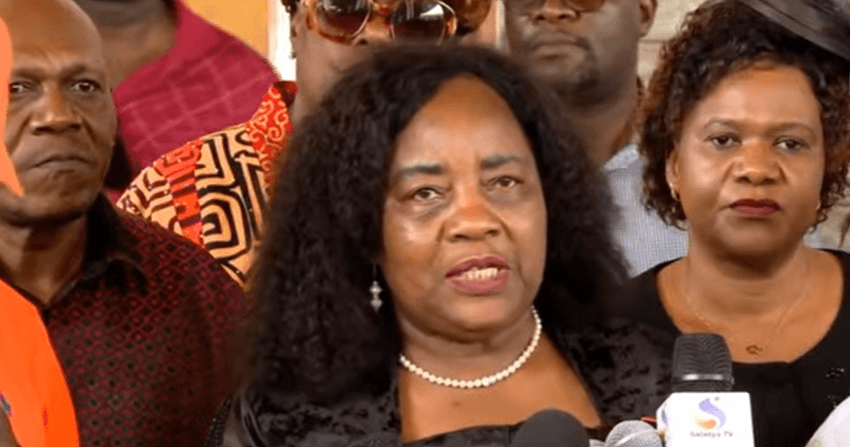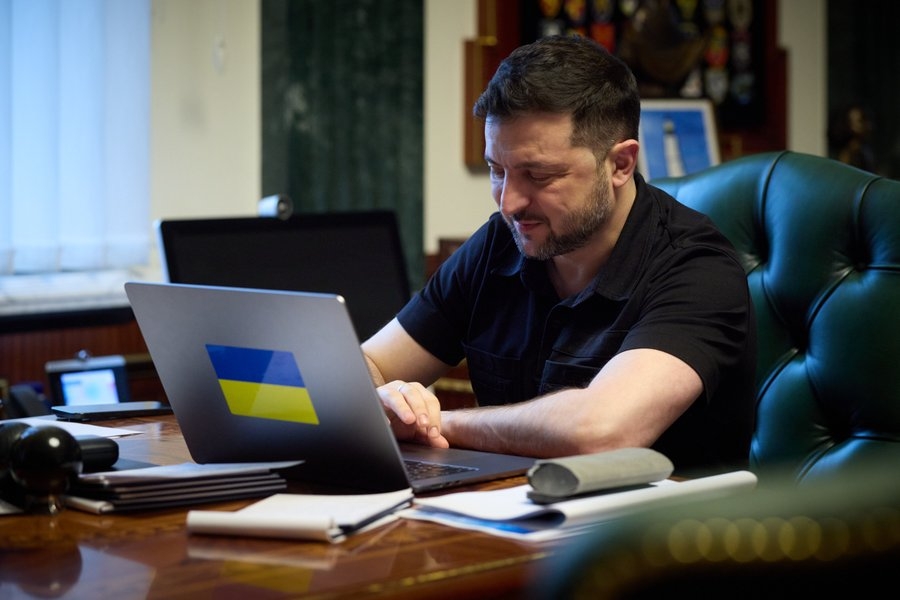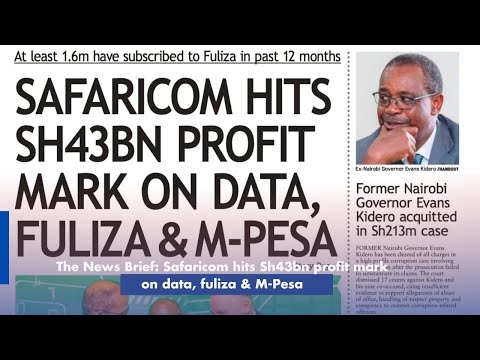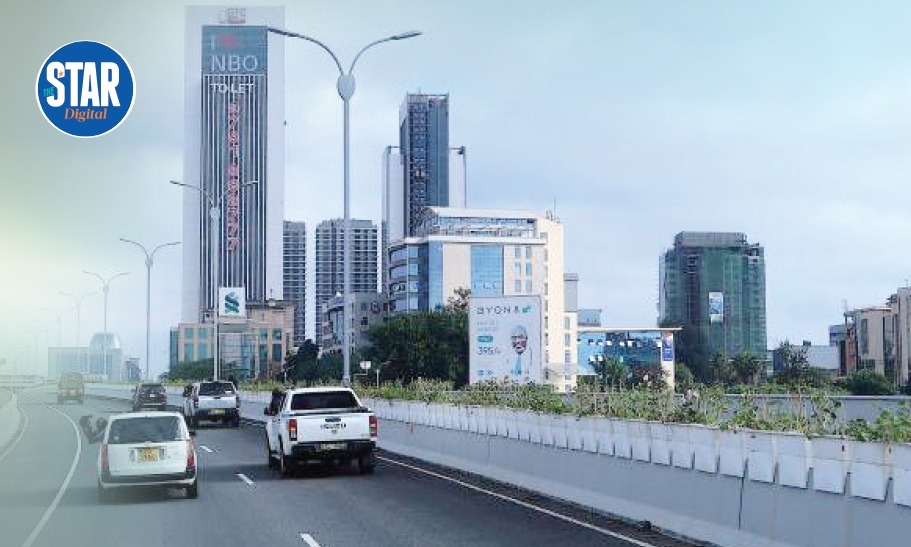Three out of every four small businesses have used solely their founders' own funds to finance their business out of the Covid-19 quagmire.
This, as commercial lenders, maintain high-risk status on MSMEs, opting to lend to big manufacturers and government.
The latest Africa SME Pulse Report by GeoPoll shows just 11 per cent have received bank loans, illustrating the difficulties MSMEs face securing financing.
Covid-19 social-economic disruption negatively hurt small businesses, with those in Kenya suffering the most compared to her economic rivals: South Africa and Nigeria.
The survey shows the pandemic negatively hurt 81 per cent of small traders in Kenya compared to 70 per cent in South Africa and Nigeria.
According to the survey, more than 70 per cent of the MSMEs were forced to close their businesses at least temporarily due to the pandemic, of which only 17 per cent have fully resumed normal operations.
The largest percentage (42 per cent) shut down temporarily and have opened at limited capacity.
Overall, Kenya has the highest percentage of businesses that remained operational throughout the pandemic at 49 per cent.
Despite many businesses resuming work to some extent, employment opportunities remain scarce as MSMEs try to recover lost time and revenue.
Overall, 43 per cent of the MSMEs say they are not likely to hire or rehire staff in the next three months, with only a quarter saying they are very likely to fill positions.
At least (57 per cent of businesses surveyed had to lay off, halt work, or reduce salaries for employees in the past two years.
This remains consistent across the three countries.
The construction industry was hit particularly hard, with 80 per cent saying they had to take adverse hiring measures.
''With less income coming in, many construction clients likely halted long-term projects over short-term uncertainties,'' says GeoPoll.
Compared to the other two countries, Nigeria has the highest segment of respondents that express optimism about hiring soon with 36 per cent saying they are likely to hire or rehire staff in the next three months.
That number drops all the way down to 14 per cent in South Africa.
When asked how optimistic they are that their business conditions will improve in the next three months, the largest segment of MSMEs across all three countries (34 per cent) rate their optimism a 3 on a 5-point scale.
Optimism is a good indicator of the environment businesses are operating in, and how they feel.
Nigeria once again stands out for its positive outlook, with 31 per cent saying they are extremely optimistic compared to an average of 27 in Kenya and South Africa.
Furthermore, the survey found out that Covid-19 had disrupted supply chains for 72 per cent of businesses.
''The uncertainties continue into 2022, especially with China’s zero-Covid policy likely to slow global supply chain recovery,' the survey states.
While the impact on supply chains was worse at the beginning of the pandemic, 41 per cent of respondents in this survey report experiencing supply chain issues in the past 30 days.
Certain industries, such as energy, pharmaceuticals, and food production suffered more than the others, likely due to their reliance on imports and exports.
Among the businesses that reported supply chain challenges, the largest segment (41 per cent) say the biggest struggle has been receiving goods and services, while 34 per cent bemoan difficulty supplying their products.
According to the survey, technology has become a crucial and indispensable part of almost every kind of business, and that dependence has only been accentuated by the pandemic.
When asked how their reliance on technology and online tools has changed over the last two years, 72 per cent of MSMEs say it has increased.
Those numbers jump up to 81 per cent for MSMEs in Nigeria.
GeoPoll’s Covid-19 Tracker surveys from 2020 and 2021 consistently pointed to a shift in spending towards food and other essentials
Data collection occurred in December 2021, and included interviews with 312 MSMEs from Kenya (102), Nigeria (108), and South Africa (102).



